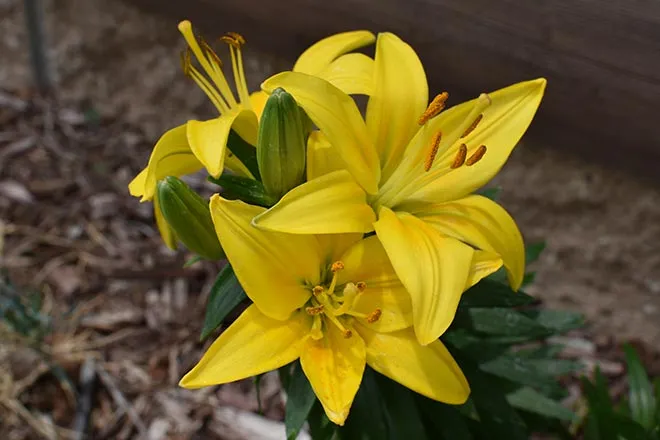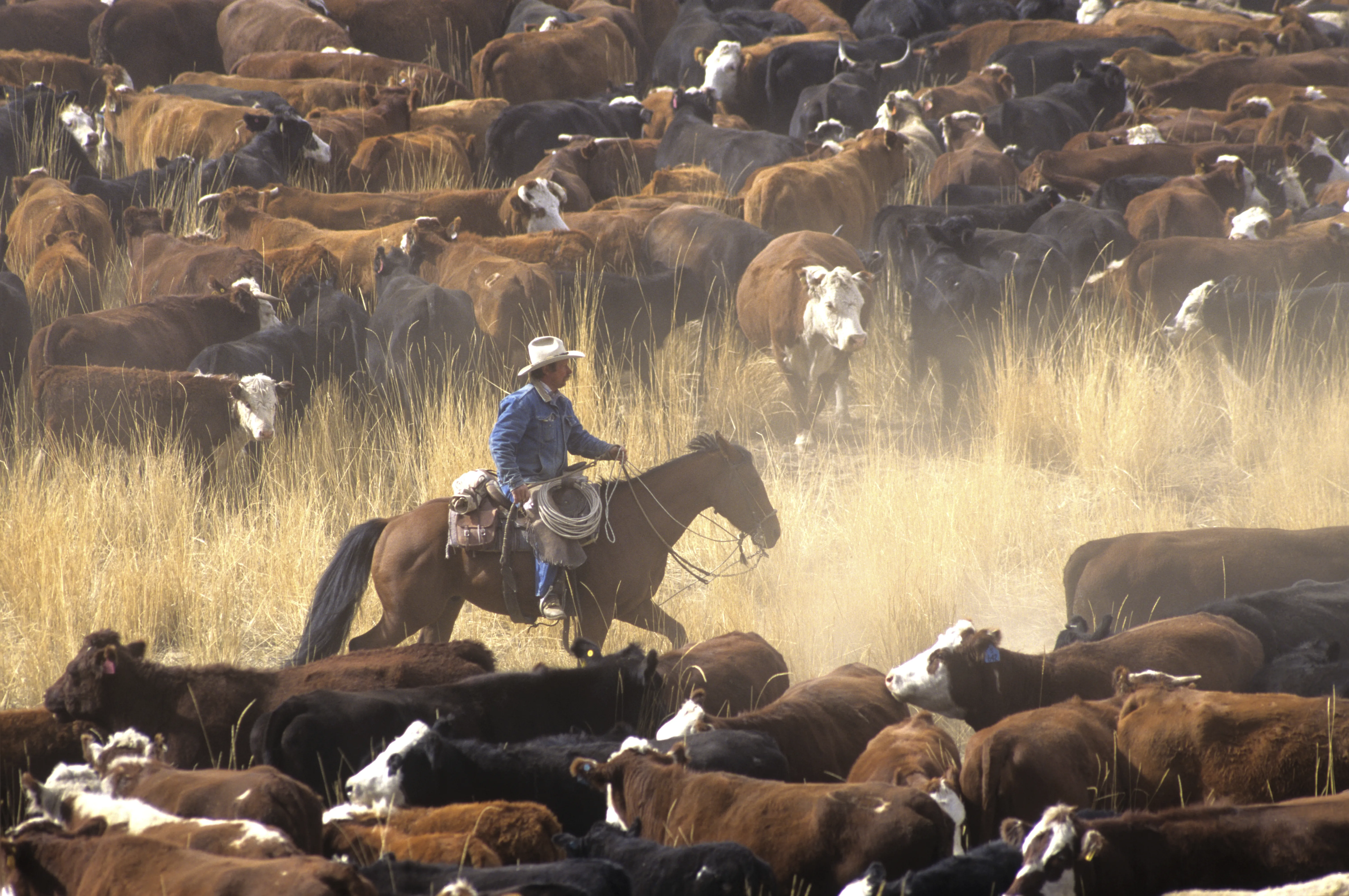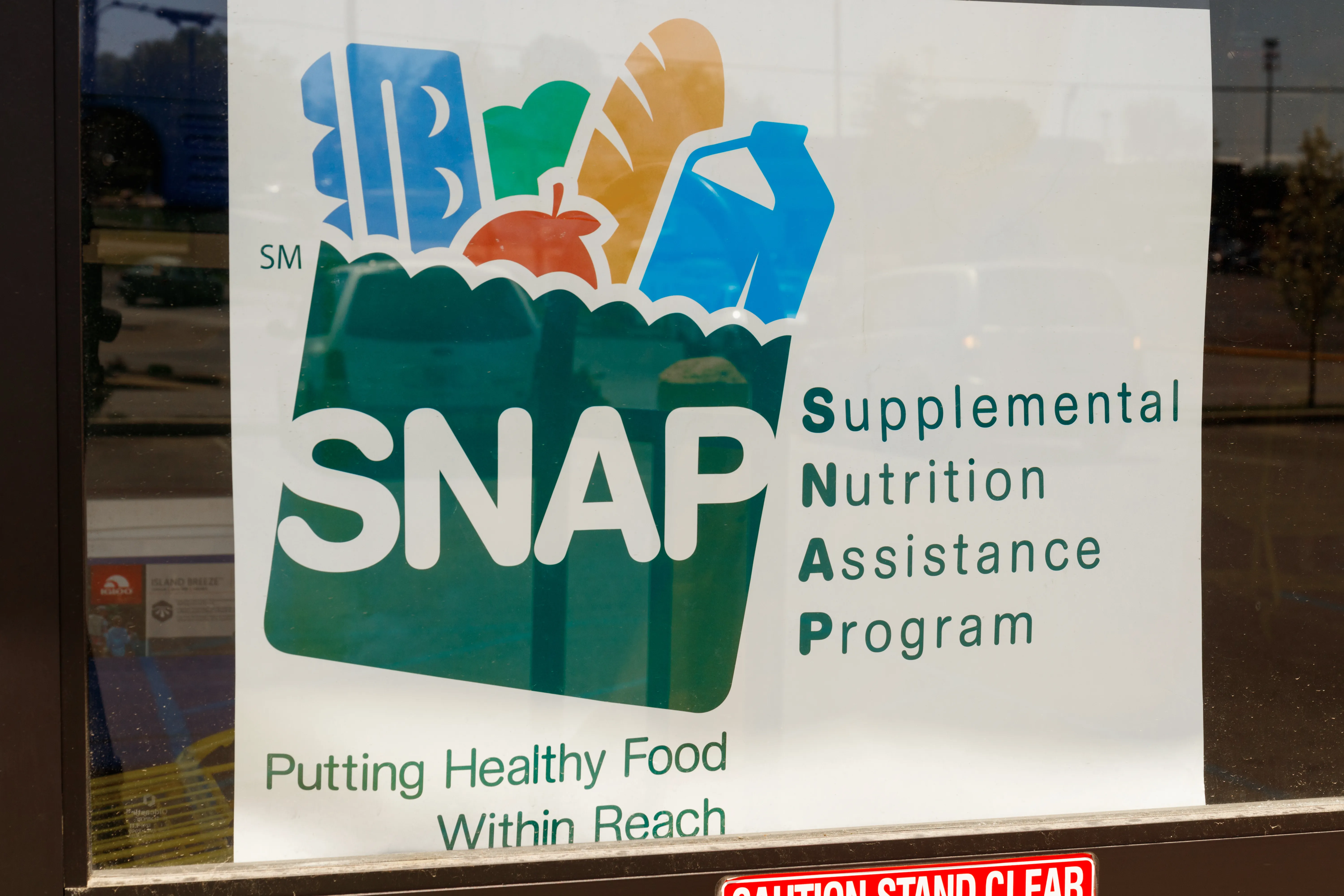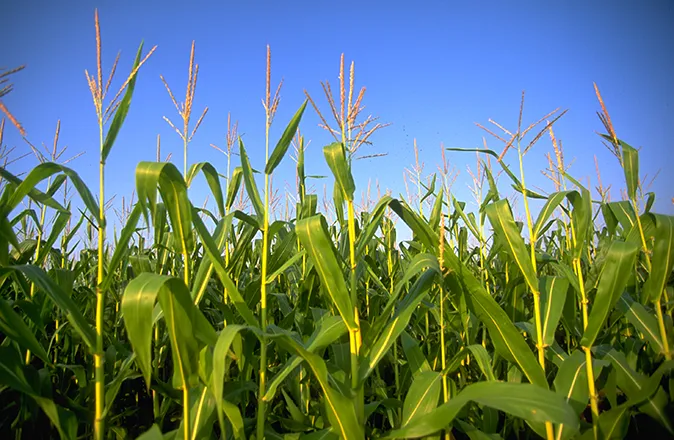
More than 2 trillion gallons of Colorado River water tapped by alfalfa farms in 2024
Click play to listen to this article.
As Colorado and other Basin states relying on the shrinking Colorado River work to reduce water use, new data showed just how much water is helping prop up factory farms.
Amanda Starbuck, research director for the nonprofit Food and Water Watch, said the biggest draw is coming from thirsty alfalfa farms, producing hay for livestock living in confined feedlots and dairy stalls.
"In 2024, alfalfa farms in the Colorado River Basin used over 2 trillion gallons of water," Starbuck reported. "This is enough water, to put it in perspective, to supply the water needs for 40 million people for three and a half years."
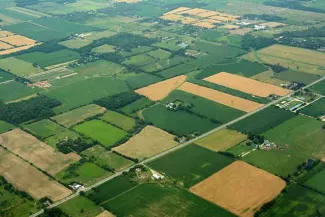
© iStock - IMNATURE
In 2024, alfalfa farms in Colorado soaked up more than 418 billion gallons of water, up 41 percent from 2022, the largest increase across all Basin states. It amounts to a third of the state's entire Colorado River allocation and enough water to supply the city of Denver for 38 years. Defenders of factory farming have argued the practice is necessary to feed the nation's growing population.
Arizona, California, Colorado, Nevada, New Mexico, Utah and Wyoming have until the end of 2026 to match water use with what the Colorado River can actually deliver after decades of drought exacerbated by climate change. Starbuck pointed out plants used to feed livestock generate more calories than meat or milk.
"Factory farms are not a very efficient way to produce calories," Starbuck argued. "If feeding people were really the top concern here, we would be growing more food for direct human consumption."
In 2022, Colorado's 193,000 dairy cows living in confinement operations consumed nearly 7 billion gallons of water, a 20 percent increase from 2017 and also the largest increase among Basin states. It is enough to supply indoor water to half a million people. Starbuck added untreated wastewater at factory farms can also affect water supplies.
"Both wastewater from cleaning out stalls, but also a ton of waste in the form of manure," Starbuck outlined. "That leads to runoff and that will also pollute major water systems that feed into the Colorado River."

